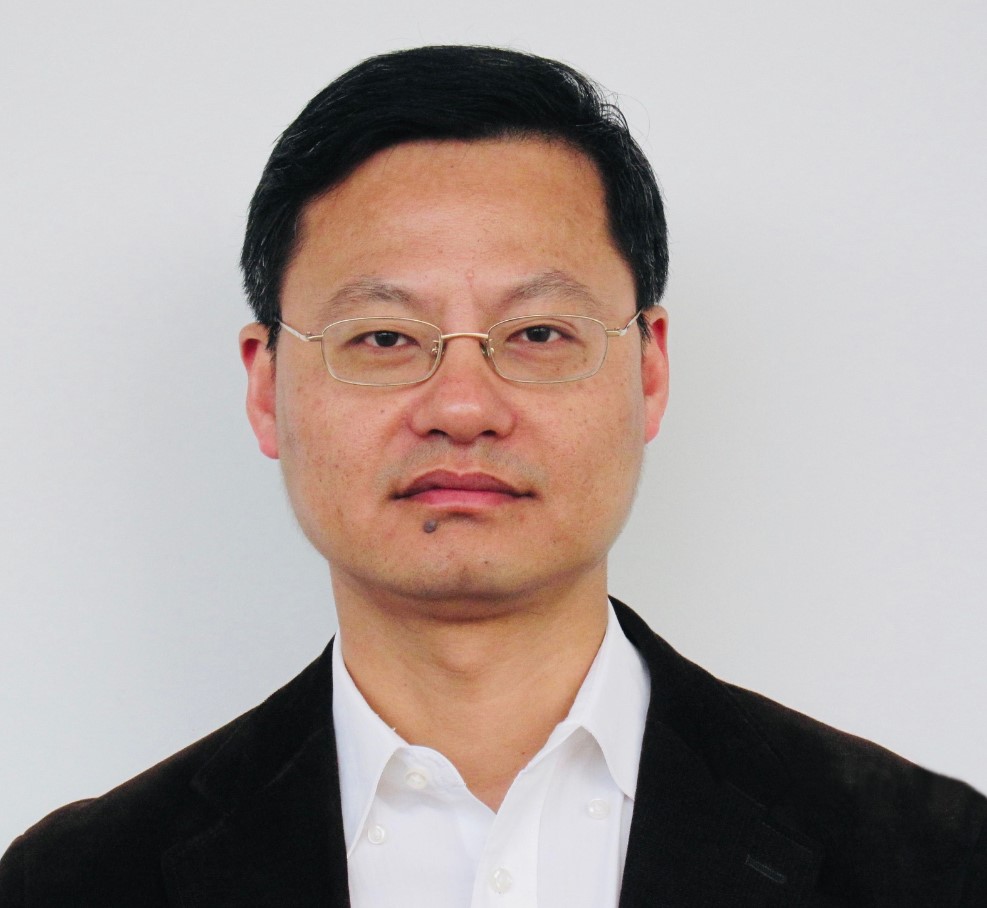Keynote Speaker

Prof. Jie Yang
Engineering Mechanical & Automotive Engineering,School of Engineering, RMIT University, Australia
Speech Title: Mechanical Pre-strain and Chemical Modification for Enhanced Interfacial Shear Strength in Graphene Reinforced Metal Composites
Abstract: Due to their outstanding mechanical properties, graphene and its derivatives such as graphene nanoplatelets (GPLs) have attracted tremendous attention and are well accepted as ideal reinforcing nanofillers in developing new generation lightweight structures that are of prime importance in aerospace, automotive, marine, and defence industries. However, its reinforcing effect has been considerably affected by the poor interfacial strength between graphene and the matrix. It has been demonstrated in a series of recent studies that this challenging issue can be considerably alleviated by the use of chemically functionalized graphene fillers with mechanically induced wrinkles. By employing molecular dynamics simulations, this talk explores an effective route to improve the interfacial shear strength (ISS) of graphene sheets through the introduction of mechanically induced wrinkles formed by shear/compressive pre-strains to graphene and the chemical modification of graphene using various functional groups. The slide-out tests of a functionalized wrinkled graphene sliding over metal matrix show that such graphene sheet gives rise to larger surface roughness and better bonding which leads to stronger interfacial interactions between graphene and matrix and consequently, significant improvement in ISS. It is also found that shear induced wrinkles are much more effective in enhancing ISS than compression induced ones. Compared with its counterpart functionalized with hydrogen, graphene functionalized with alkyl (methyl, ethyl, propyl, and butyl) offers better interfacial interactions with metal matrix because these functional groups are longer than hydrogen functional group and can be embedded deeper into the matrix.
Biography: Dr. Yang received his PhD degree in solid mechanics from Shanghai Jiao Tong University in 2002 and is currently a Professor in Engineering with the School of Engineering, RMIT University, Australia. Prior to this position, he was a Postdoctoral Research Fellow at the Department of Civil Engineering, the University of Queensland from 2002-2004, a Lecturer at the Department of Building and Construction, City University of Hong Kong from 2004-2007 before joining RMIT in 2008 where he was a Senior Lecturer from 2010-2013 and Associate Professor from 2014-2016. His main research interests include advanced composite structures, nanocomposites, structural stability and dynamics, smart structures and control, and nano/micro-mechanics. He is an author of over 330 publications including 230 journal papers and 20 ESI highly cited articles. His publications have so far attracted more than 10700 (13100) citations with personal h-index 63 (68), according to Web of Science (Google Scholar).
Prof Yang is the 2019 Highly Cited Researcher (Cross Field) by Clarivate Analytics, the Australian Research Field Leader in Mechanical Engineering in 2019 and 2020, and the Global Field Leader in Mechanical Engineering in 2020. He is the Associate Editor of (1) Engineering Structures (JCR Q1), (2) Mechanics Based Design of Structures and Machines (JCR Q2); and the Editorial Board Member of (1) Mechanics of Advanced Materials and Structures (JCR Q1), (2) Thin-Walled Structures (JCR Q1), (3) International Journal of Structural Stability and Dynamics (JCR Q2), (4) Materials (JCR Q2), and (5) Shock and Vibration (JCR Q3). He is also a frequent keynote/invited speaker and the scientific committee member in many international conferences.
